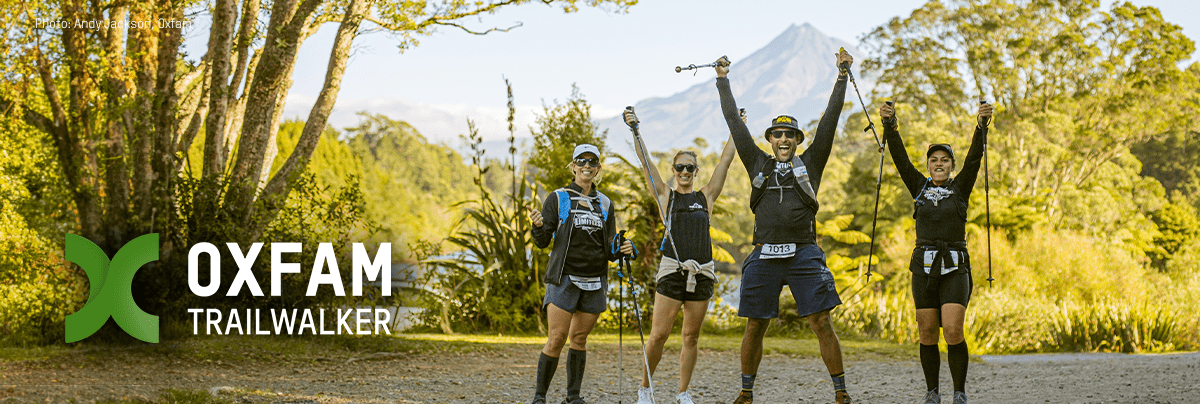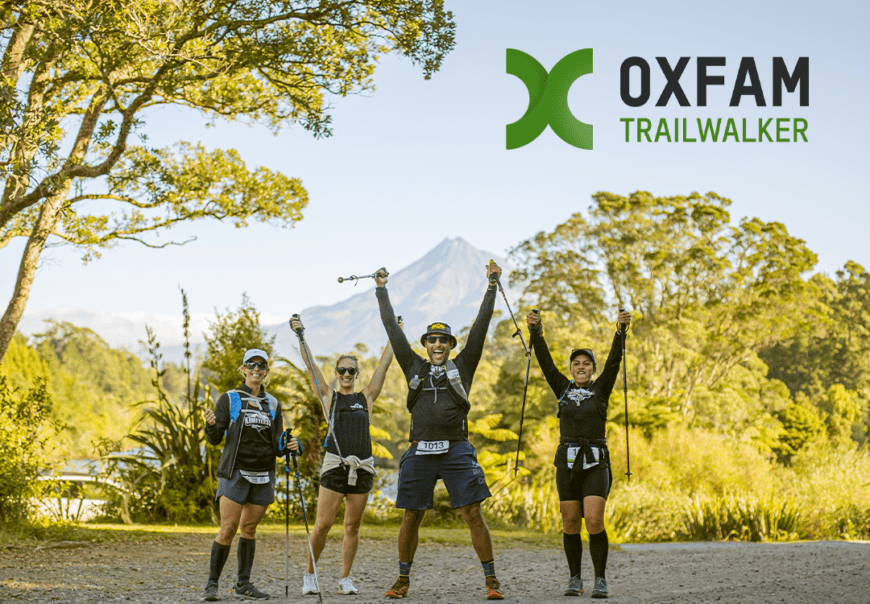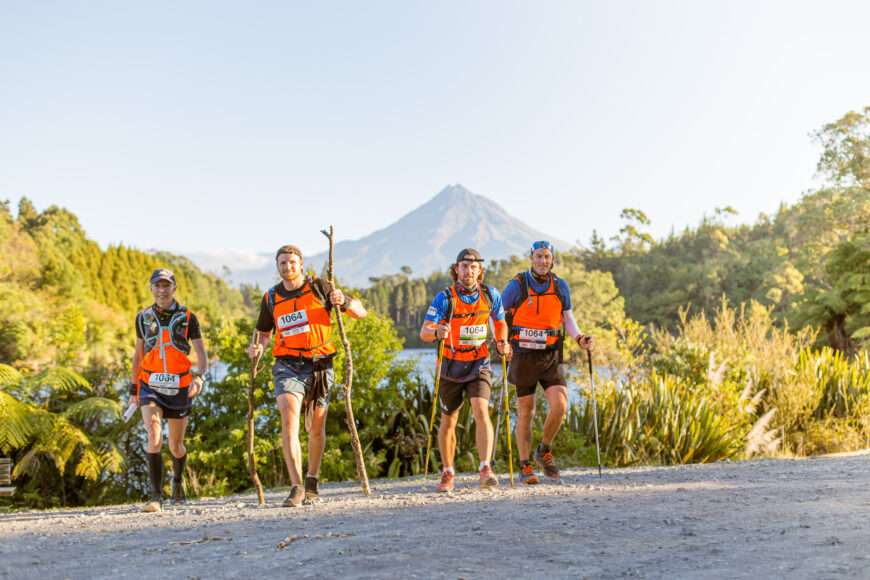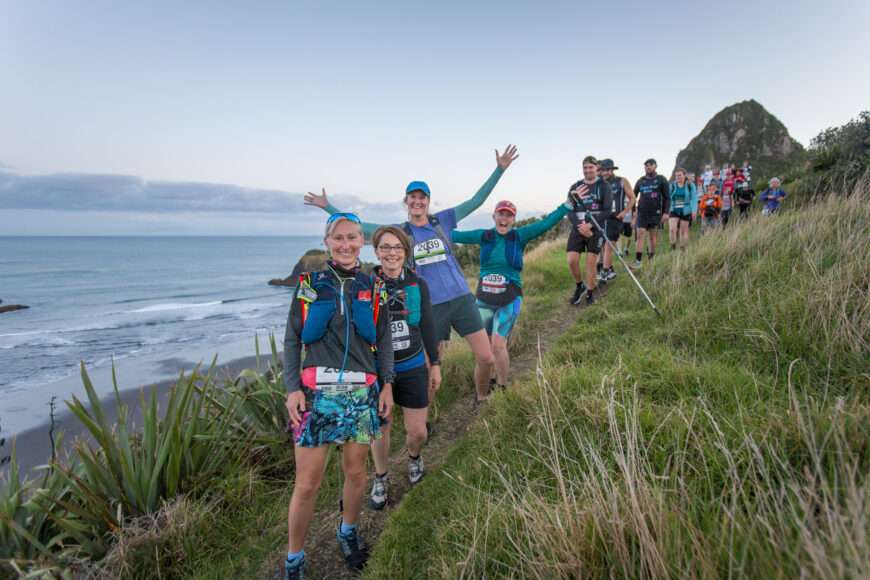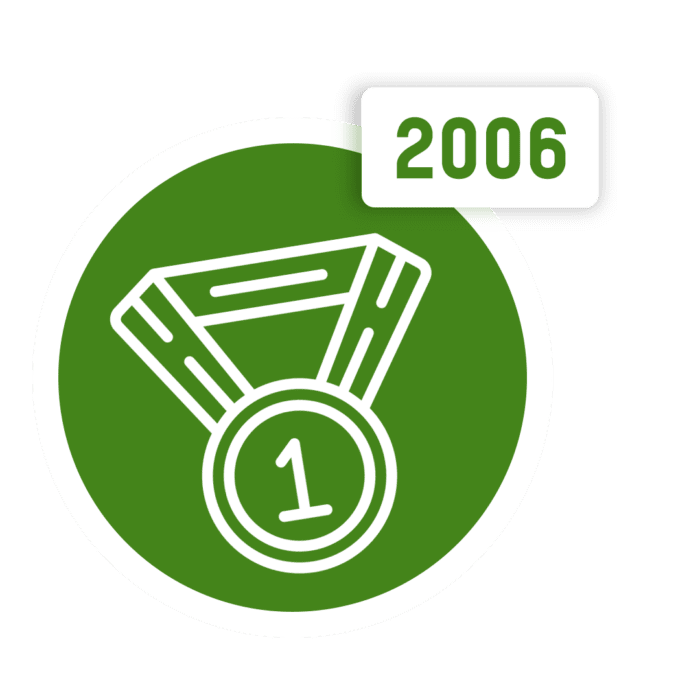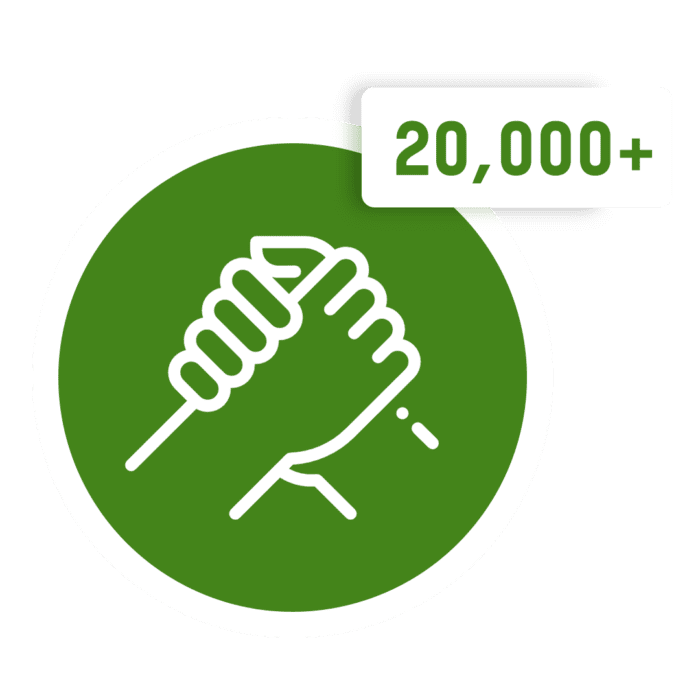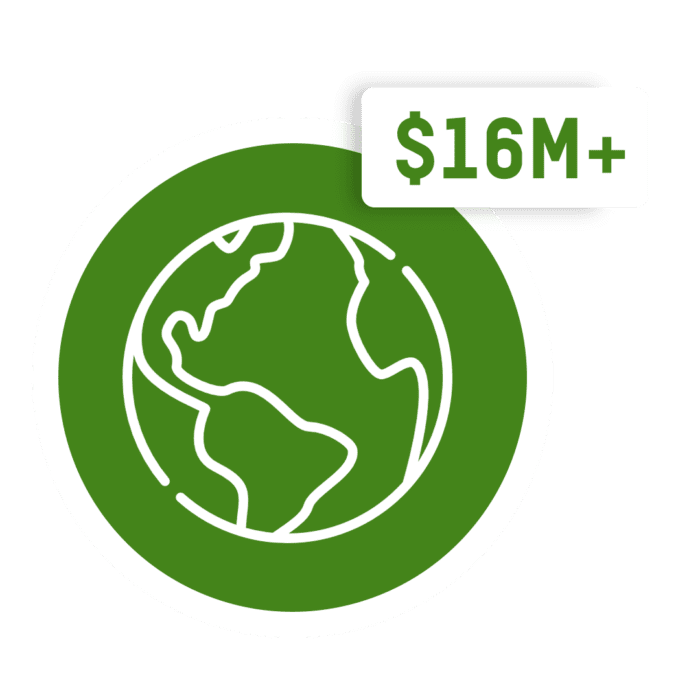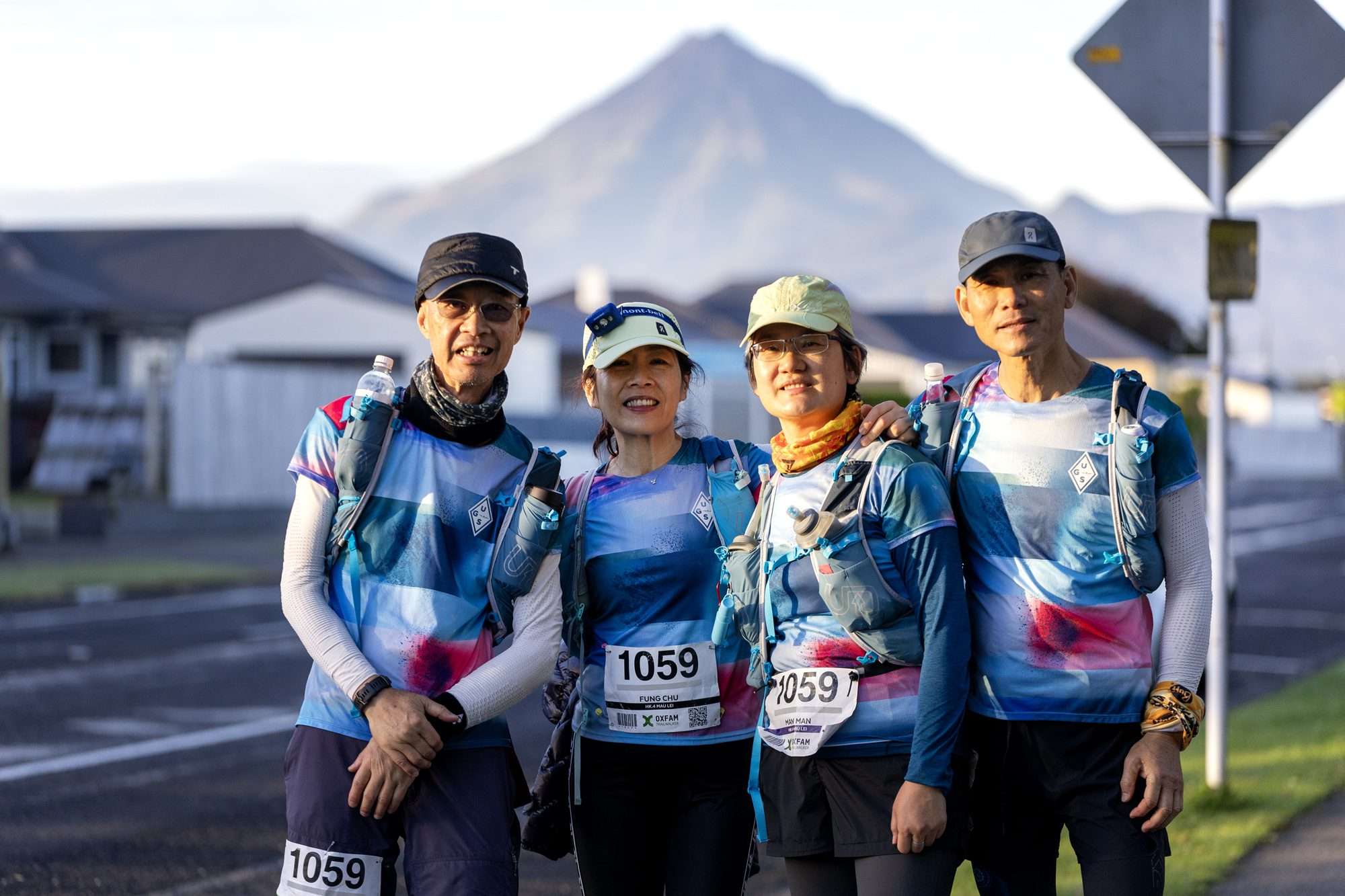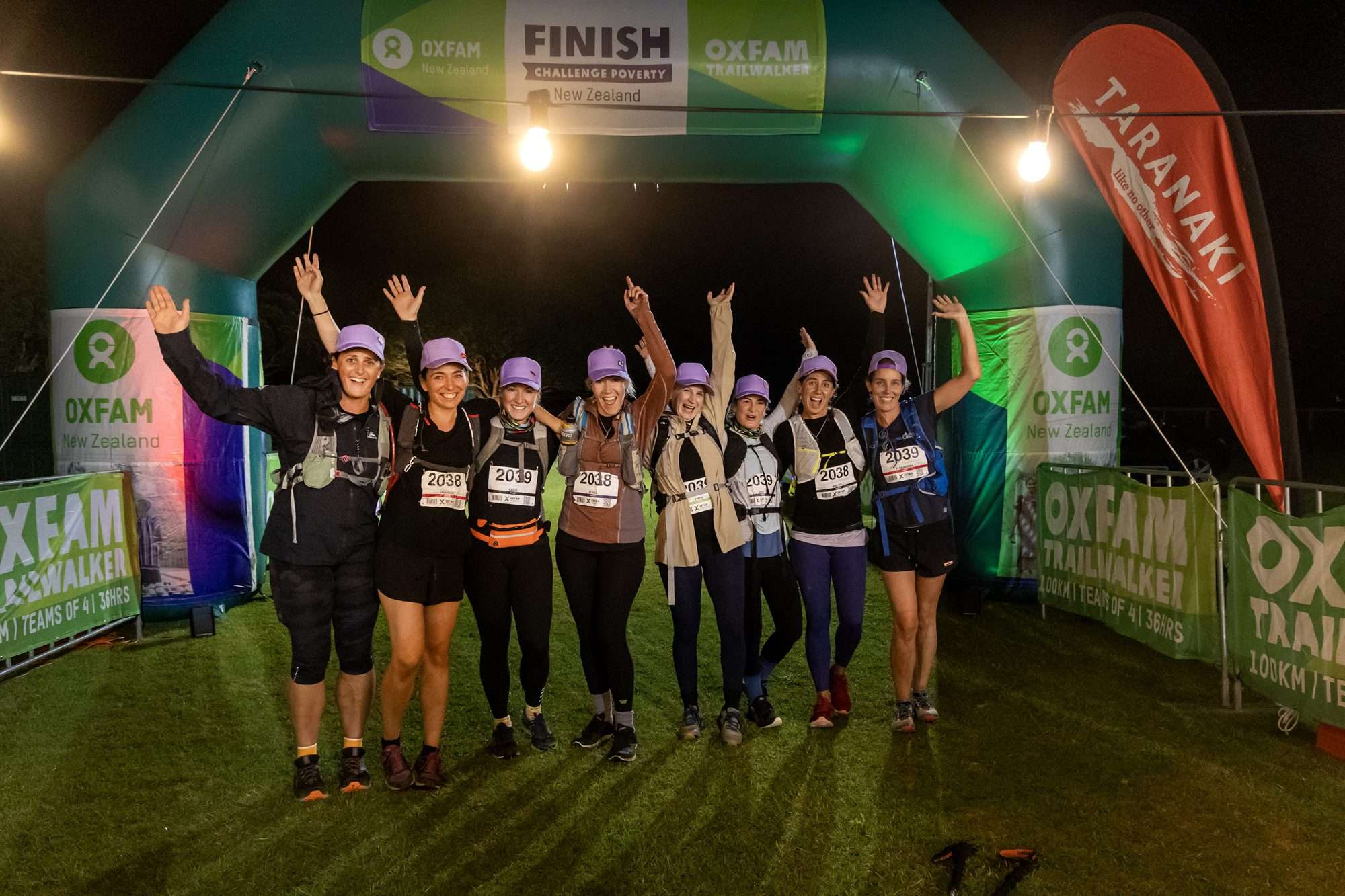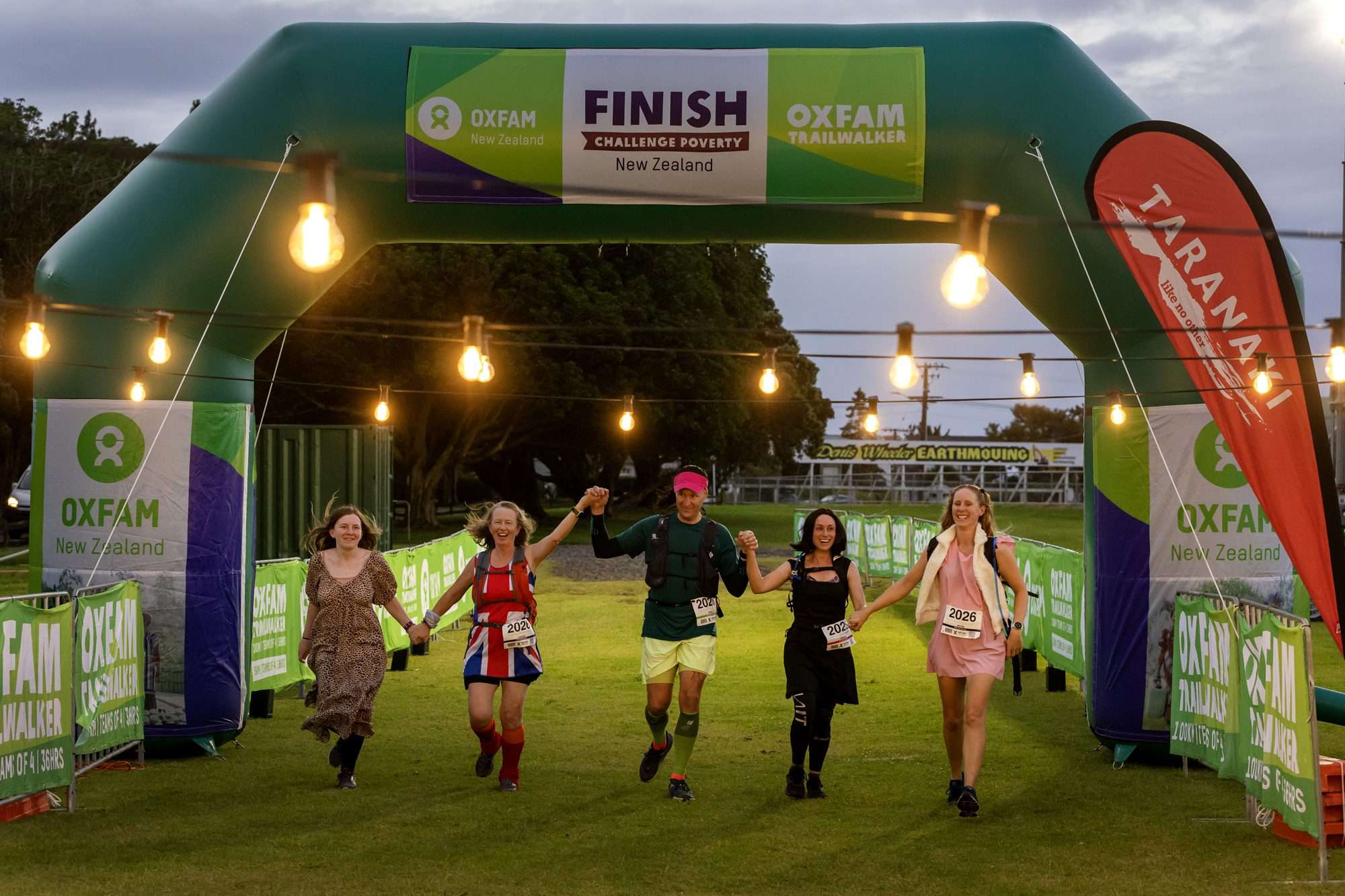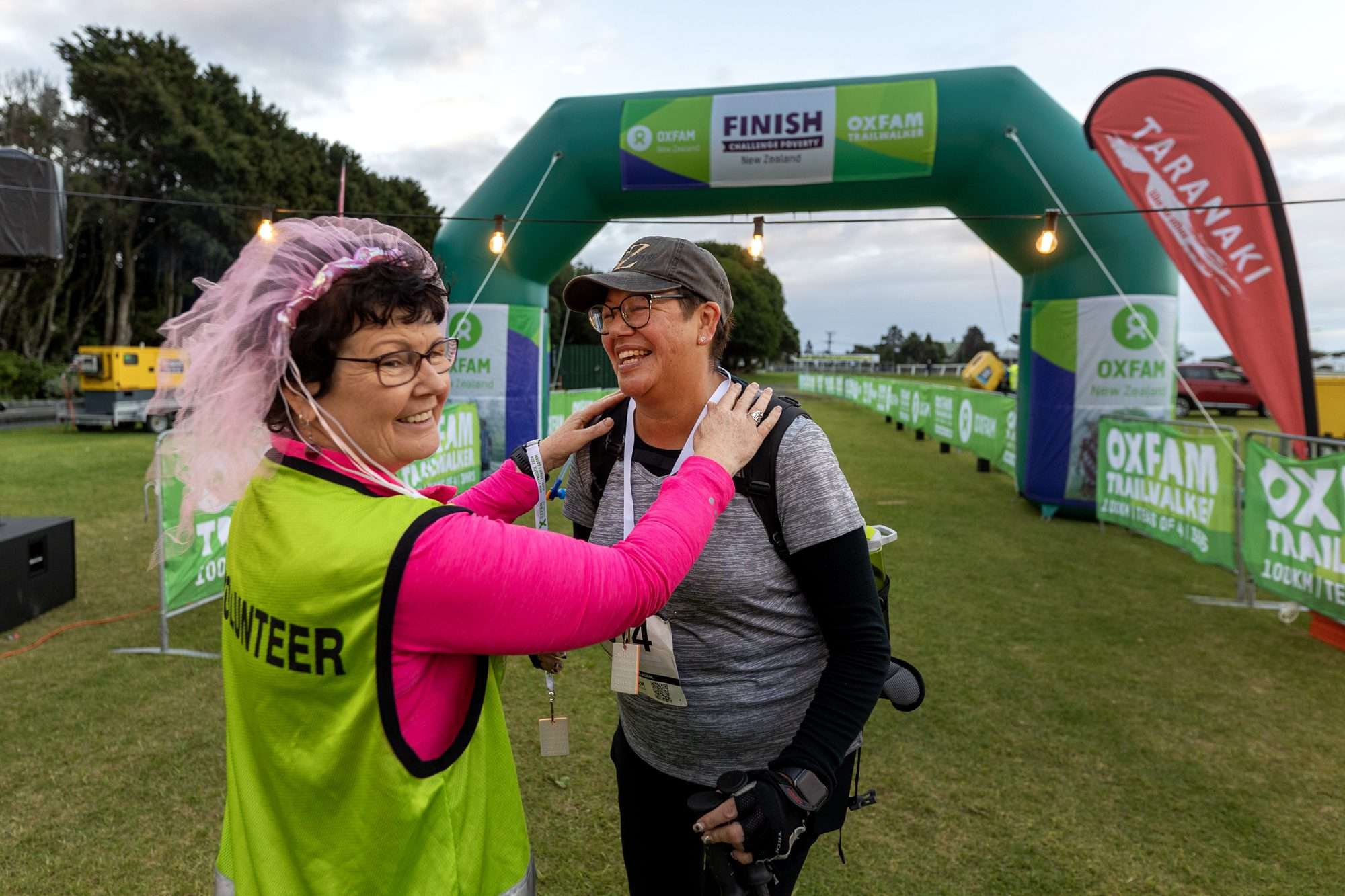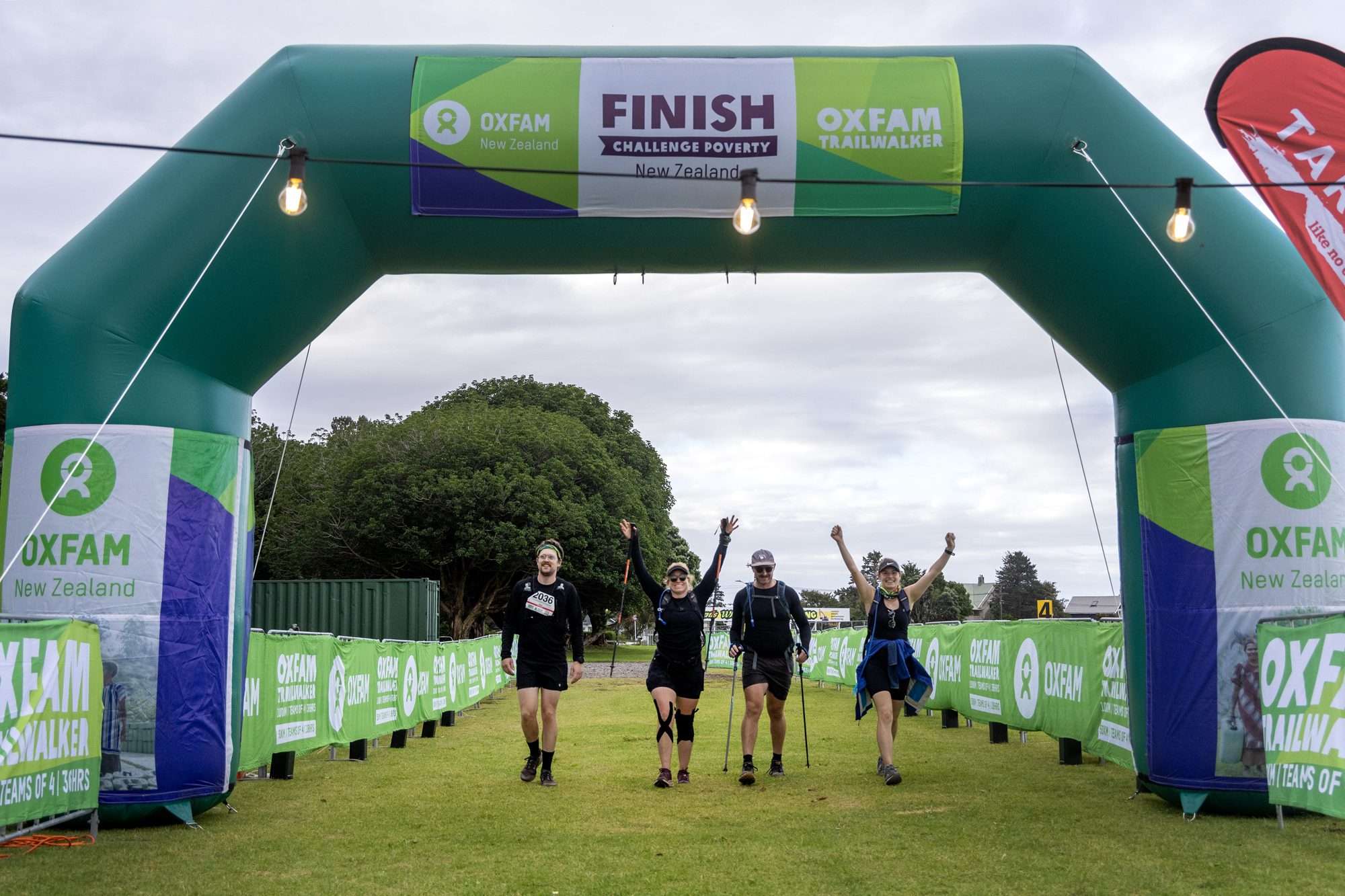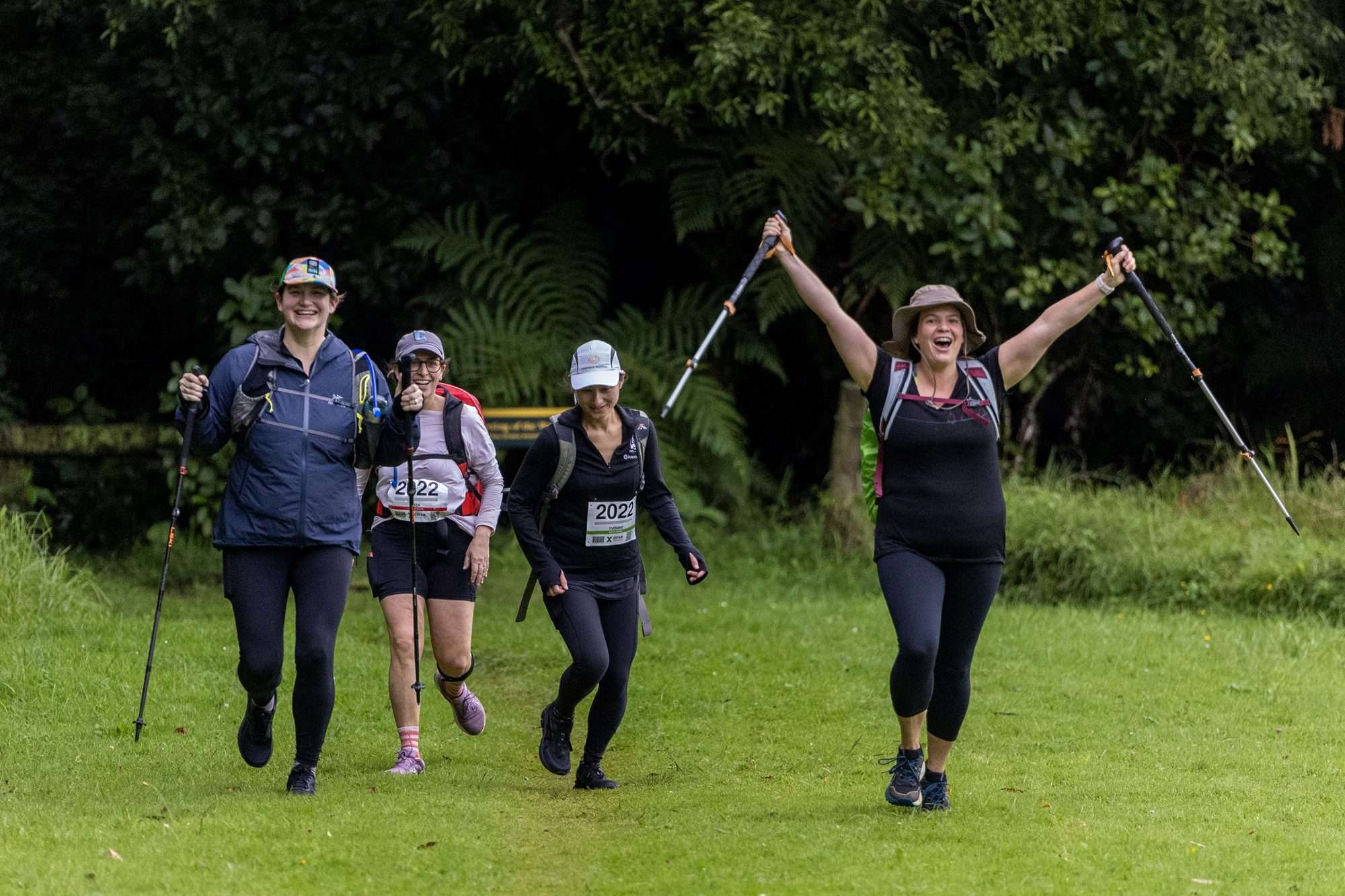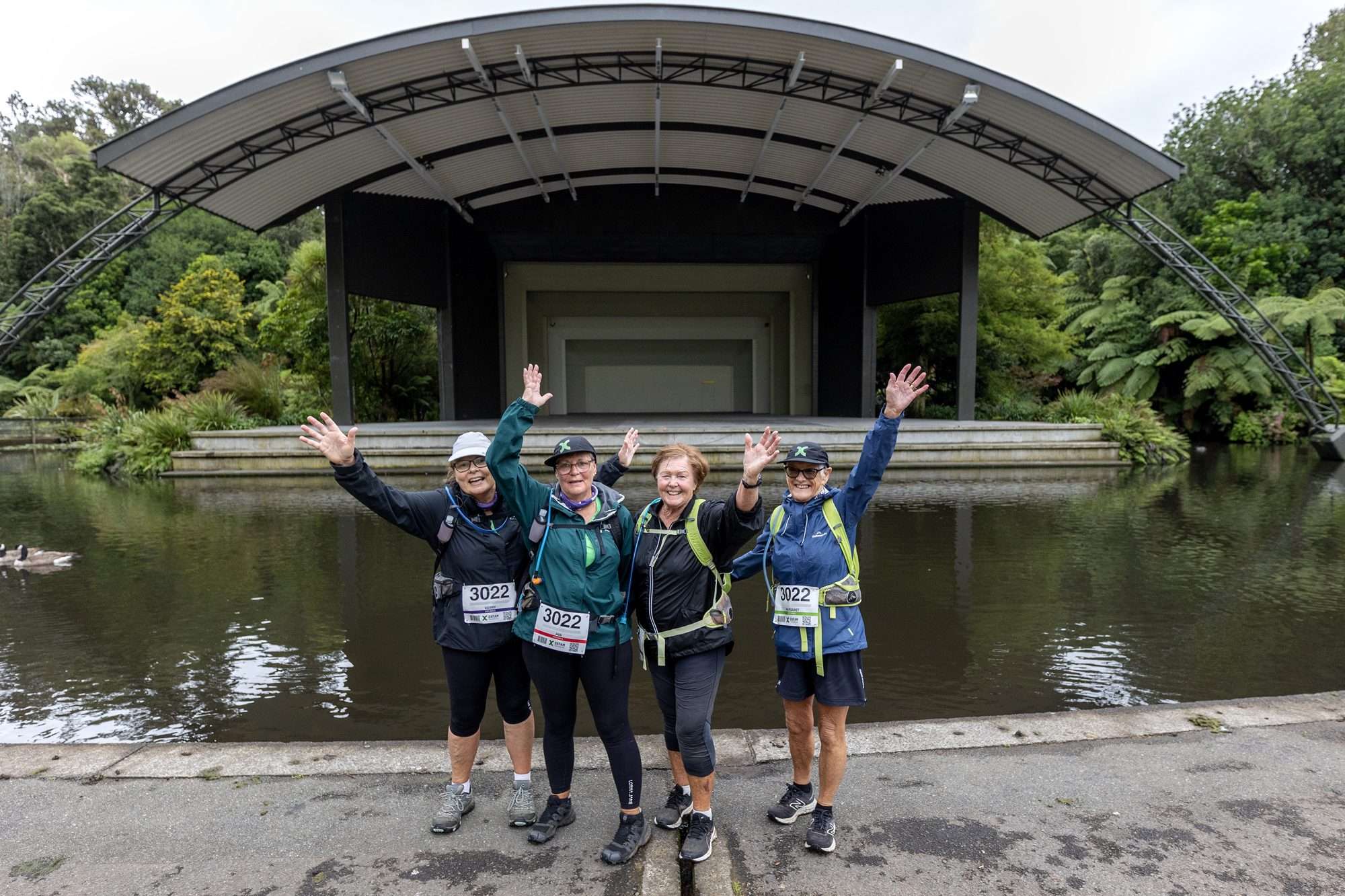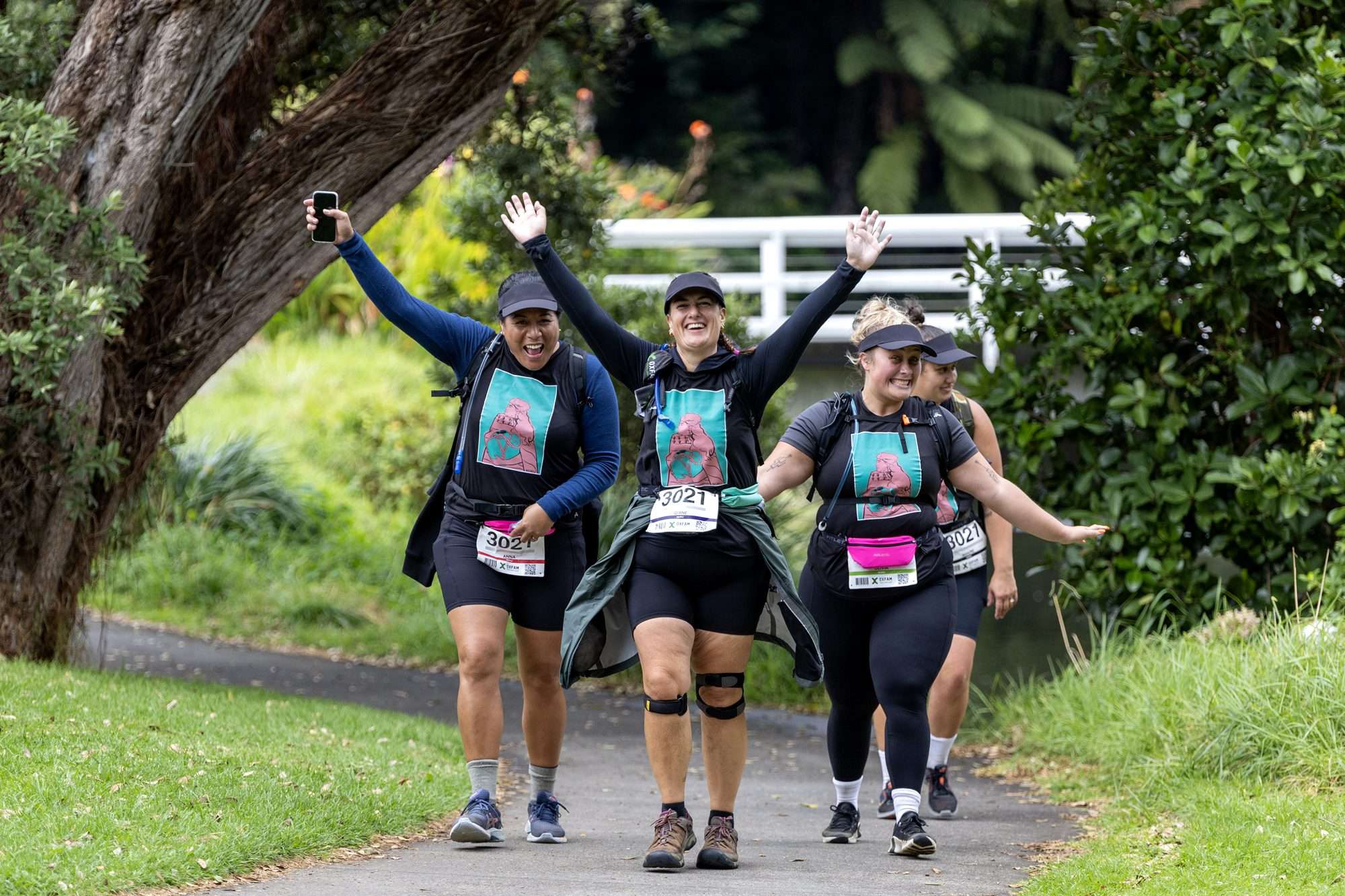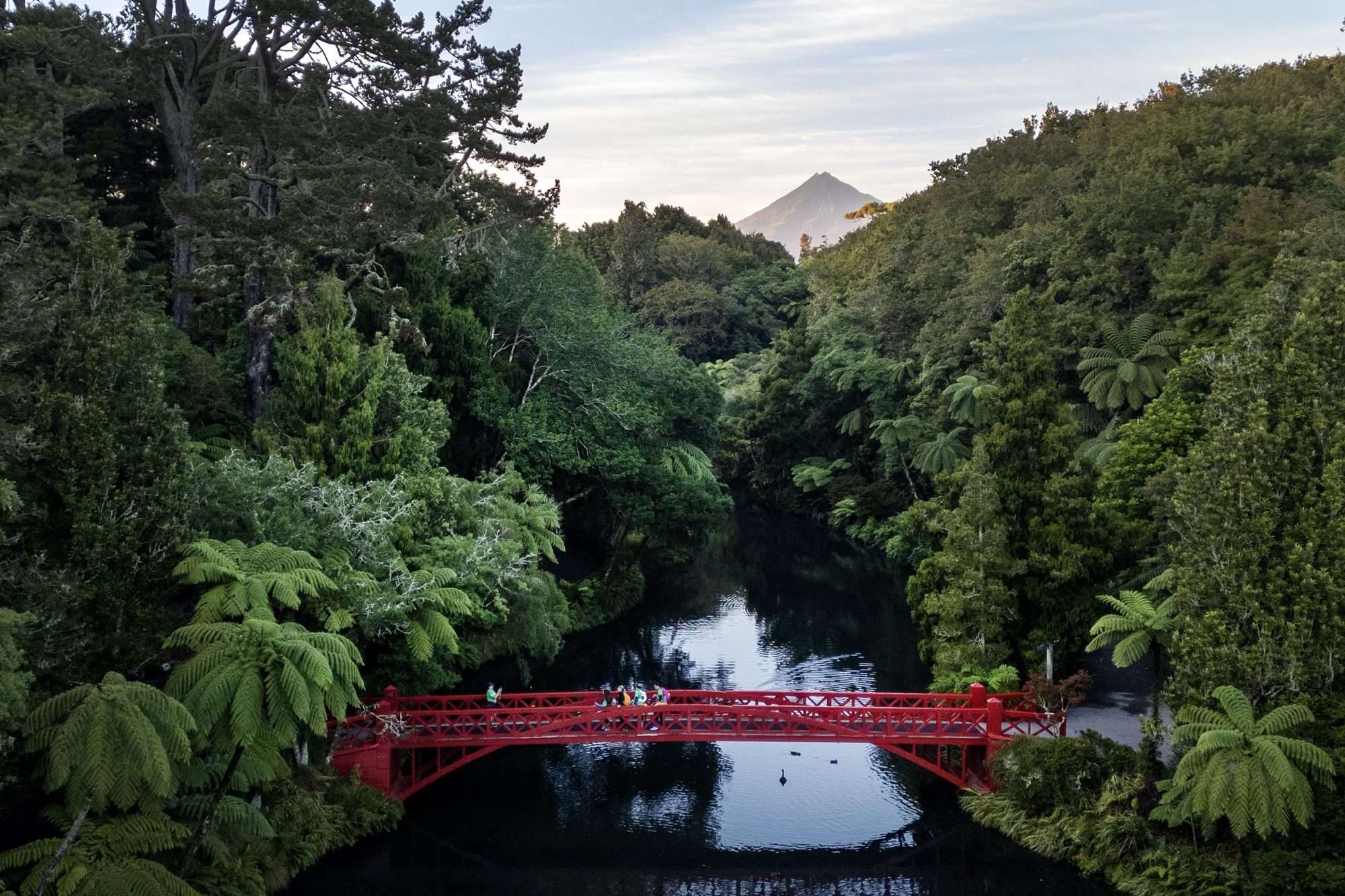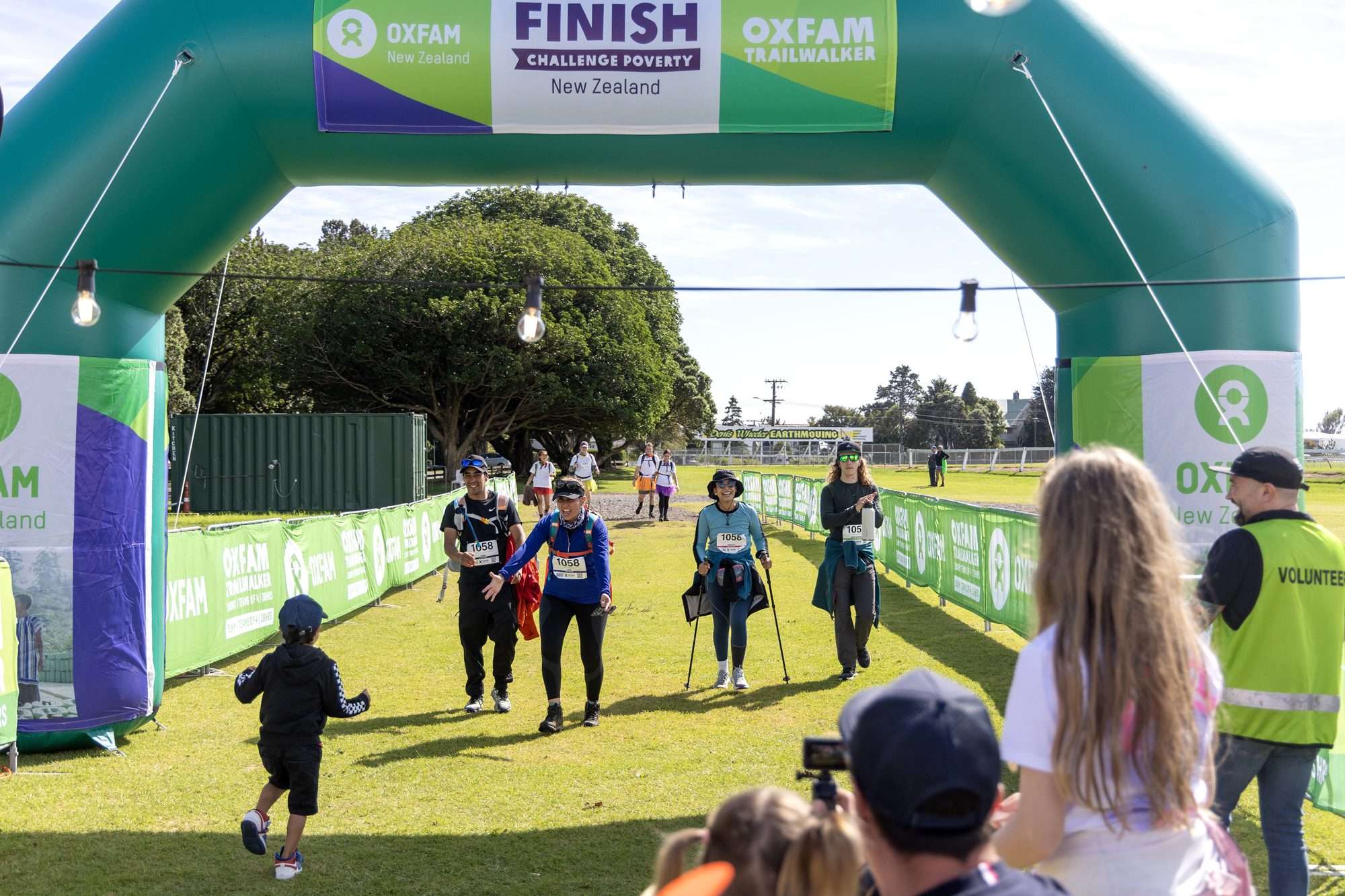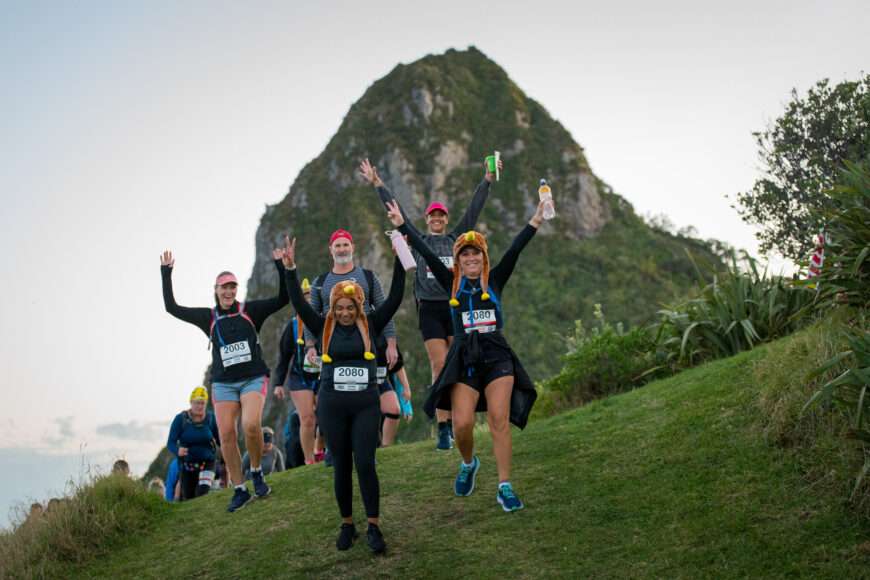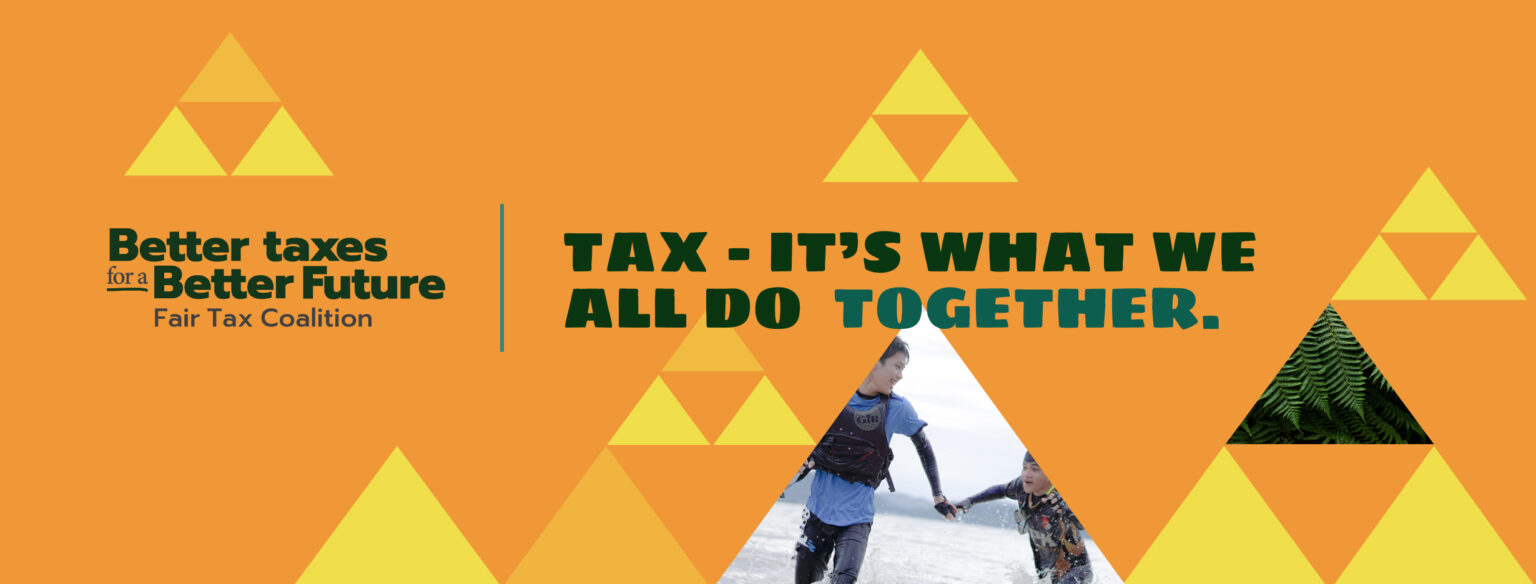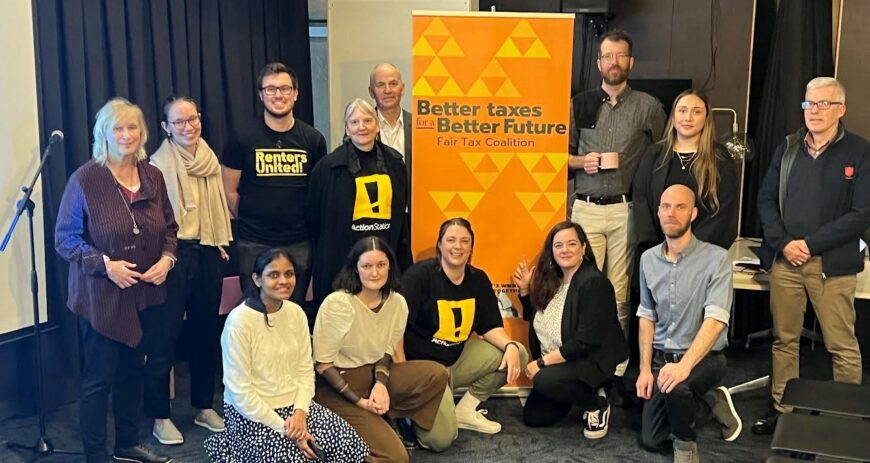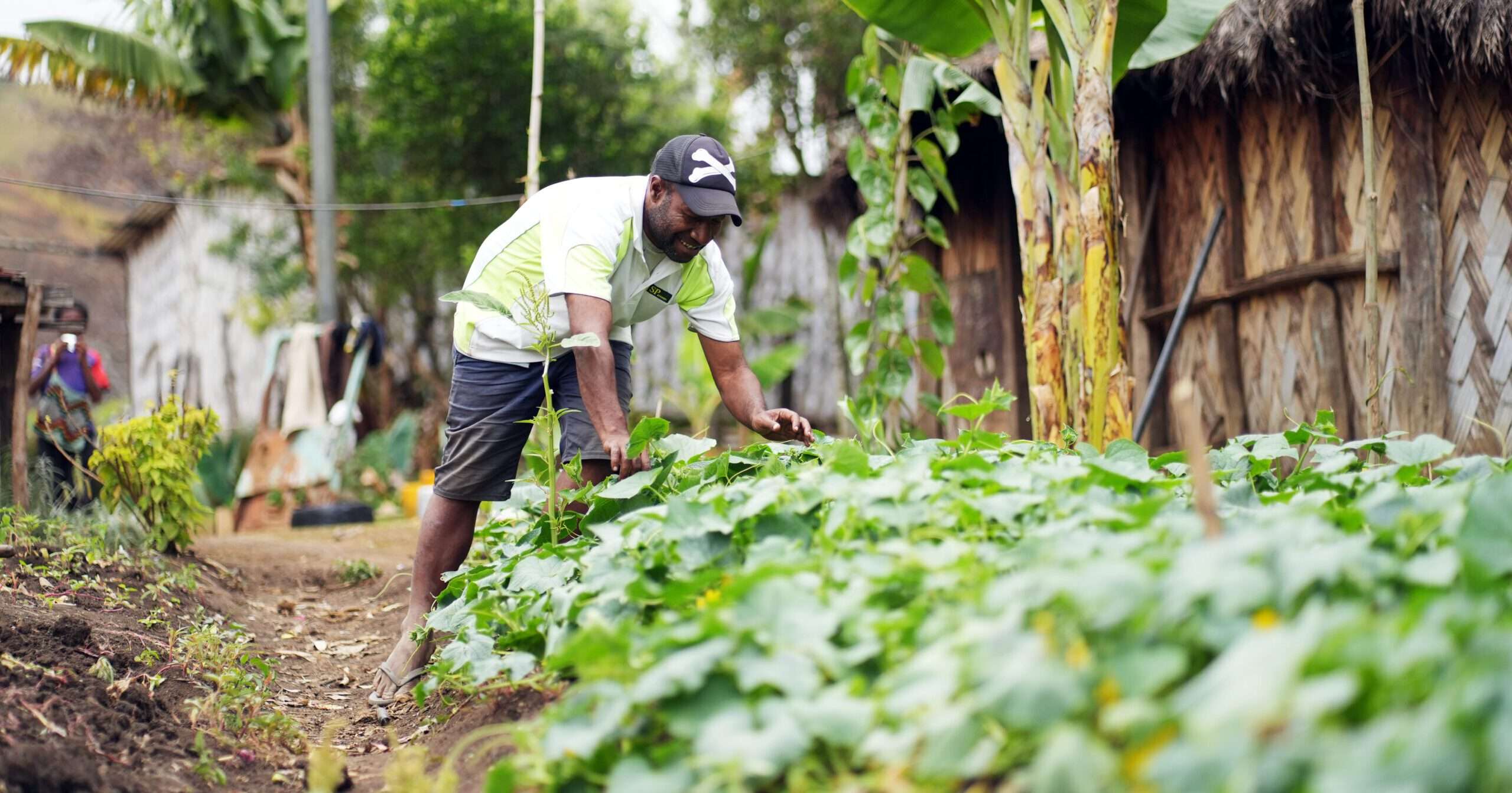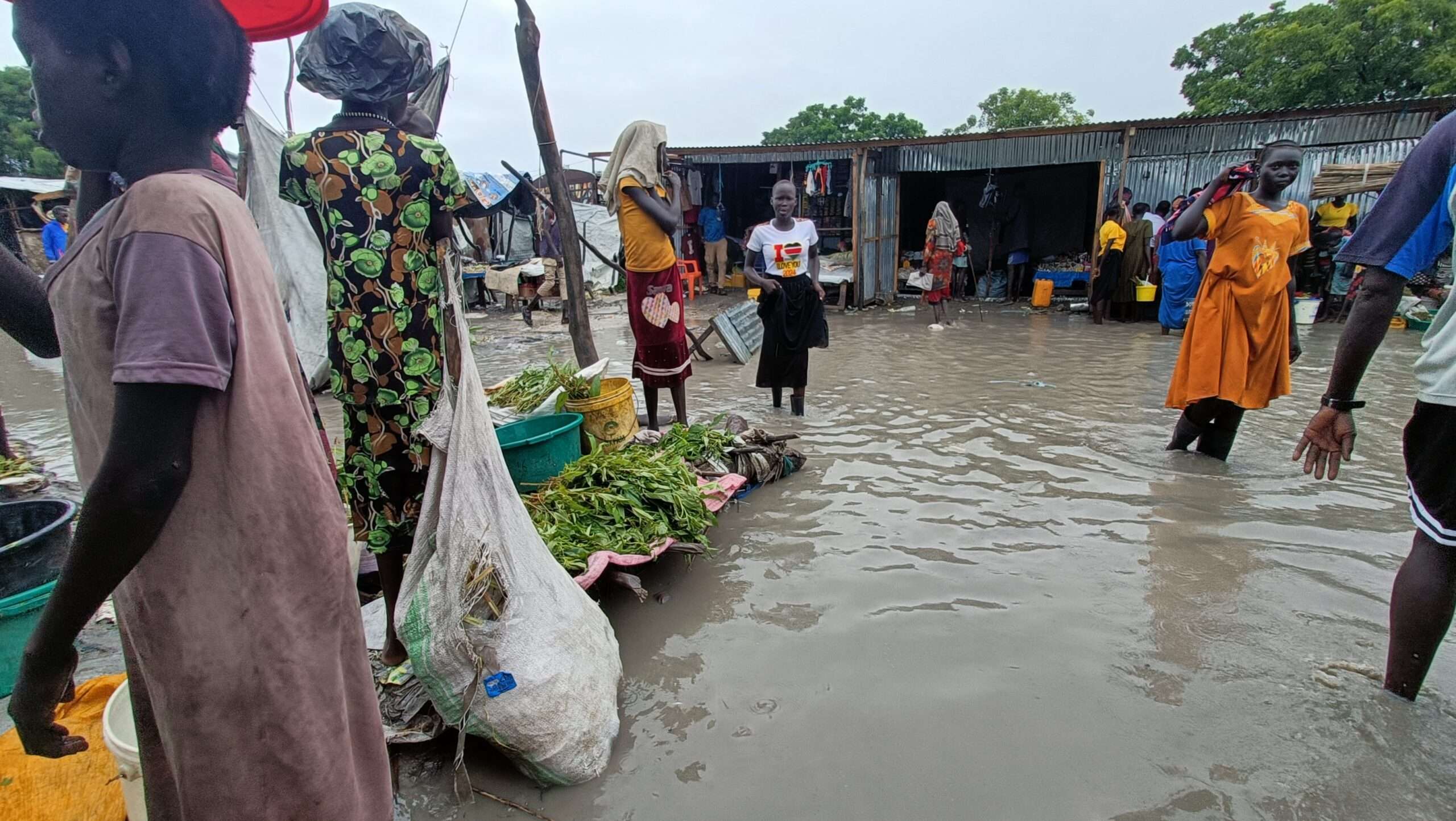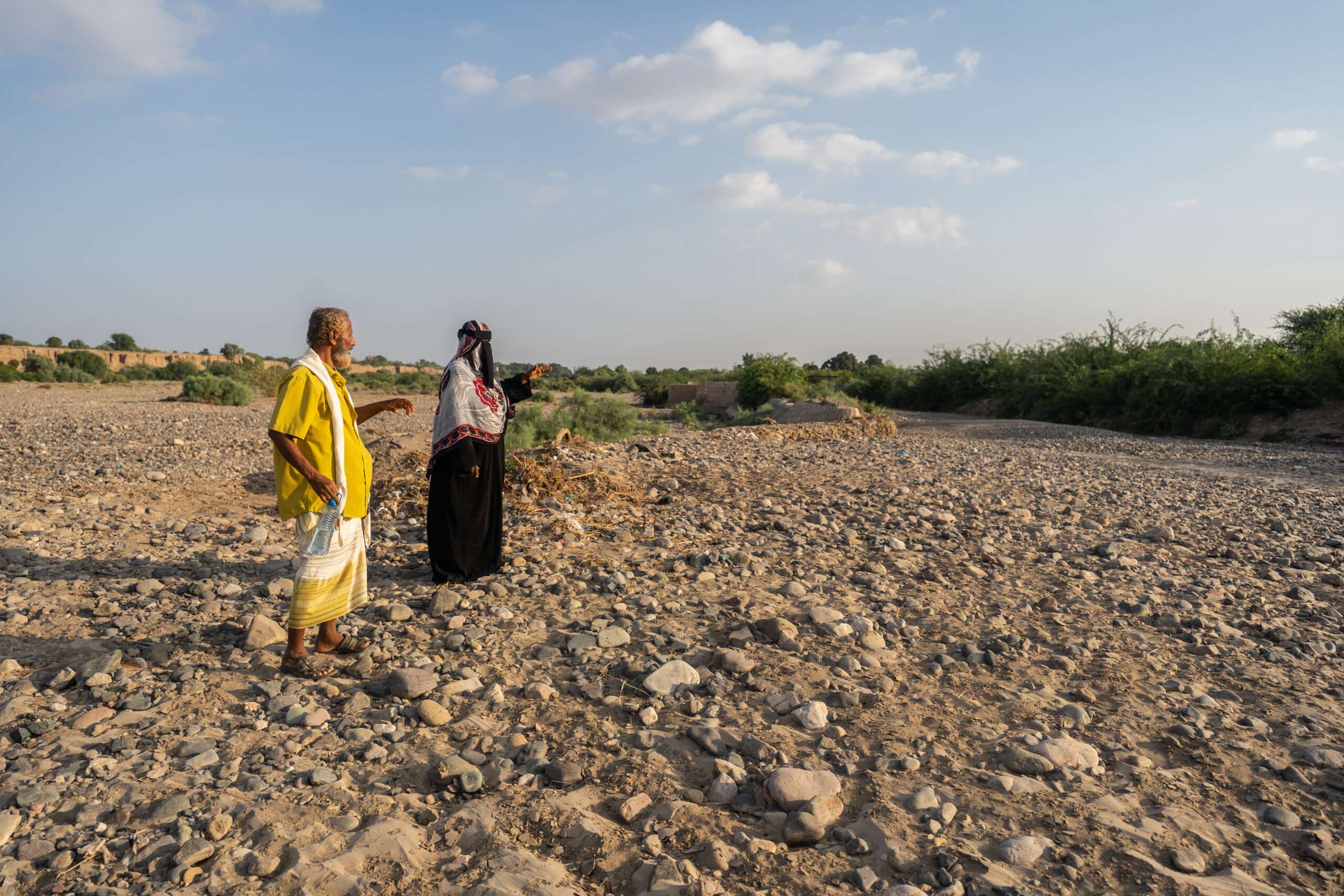Oxfam Aotearoa is dismayed by the lack of ambition in the Government’s Emissions Reduction Plan released today.
‘Relying on the least cost option of planting more pine trees, rather than cutting climate pollution, will only cause more damage for communities in Aotearoa and the Pacific on the frontlines of the climate crisis.’ said Oxfam Aotearoa’s Climate Justice Lead, Nick Henry.
‘The gap is growing between our domestic policies and our international commitments. This will cost New Zealand billions of dollars by 2030 if we rely on buying offsets from other countries. The lack of ambition in today’s plan will increase that cost by tens of millions.
‘Today’s announcement makes it clear that the Government now has no plan to reach net-zero, with emissions exceeding net-zero budgets after 2030. The cost of cutting climate pollution is being kicked down the road, while communities in Aotearoa and the Pacific continue to suffer from the worsening climate crisis.
‘We are disappointed to see the lack of significant support for public and active transport in the plan. Improving access to public transport would be one of the best climate wins, and would also help reduce the cost of living for so many.
‘The plan does nothing to fix the Emissions Trading Scheme. We need leadership from Government to stop subsidising pollution through free allocation and change settings that reward planting pine trees rather than cutting gross emissions.
‘It is not credible to claim that increasing oil and gas exploration is compatible with reducing emissions. It is the wrong century for “lesser evil” thinking that fossil gas is better than coal, when renewable energy options are already here and getting cheaper every year. Aotearoa urgently needs to stop producing and burning fossil fuels. Instead, we need a just transition to renewable energy for workers, communities, and the planet.’
Notes for editors:
1. The Emissions Reduction Plan states: ‘The gap between the first and second emissions budgets and the NDC is 101 Mt CO2-e.’ [p. 34].
2. Mt CO2-e is Megatonnes of Carbon-Dioxide equivalent emissions, including emissions of all Greenhouse Gases. New Zealand has committed to cutting net emissions to no more than 571 Mt CO2-e for 2021-2030 in our Nationally Determined Contribution (NDC) under the Paris Agreement.
3. In 2023, Treasury calculated the gap between ERP1 and ERP2 and the NDC as 99.2 Mt CO2-e and estimated that purchasing international offsets to cover this gap would cost between $3.7 billion and $20.6 billion, with a mid-point estimate of $8.6 billion, assuming all emissions budgets were met. [p. 86]
Even assuming Treasury’s lowest cost estimate, increasing the gap between emissions and the NDC commitment by two percent, as today’s plan does, would cost New Zealand at least $80 million.
4. For more on the urgent need for a just transition from fossil fuels, see Oxfam Aotearoa’s 2023 report Closing Time: Why Aotearoa needs a just transition from fossil fuel production now.
For more information:
Rachel Schaevitz/ [email protected]





